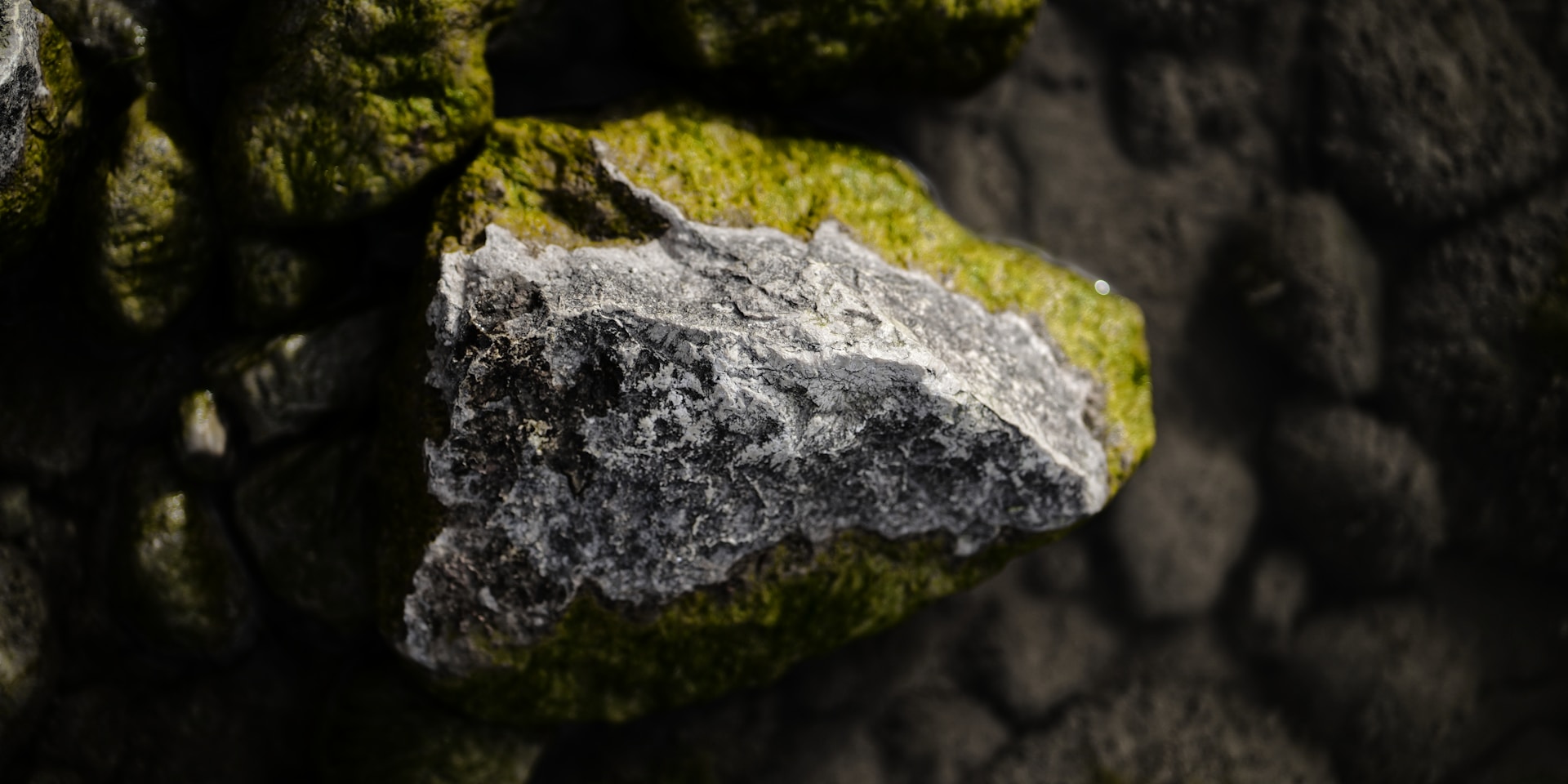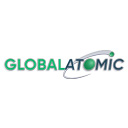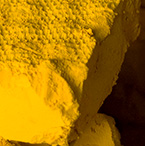Global Atomic's Q1 2025 Dasa Project Development While Turkish JV Returns to Profitability

Global Atomic progresses Dasa uranium project development with Q2 2026 commissioning target while Turkish zinc JV delivers profitable Q1 2025 results.
- Global Atomic continues advancing its Dasa uranium project in Niger with underground development reaching the ore zone and processing plant commissioning scheduled for Q2 2026.
- The company is actively pursuing debt financing through a U.S. Development Bank to cover 60% of Dasa's development costs, with approval expected during Q2 2025.
- Turkish zinc joint venture returned to profitability in Q1 2025 despite lower sales volumes, benefiting from higher zinc prices and improved operational efficiency.
- Uranium market fundamentals remain strong with spot prices around $70/pound and long-term contracts at $80/pound, well above Dasa's all-in sustaining cost of $35.70/pound.
- The company maintains a cash position of $21.4 million following a $35.6 million private placement in January 2025, providing runway for continued project development.
Global Atomic Corporation is a publicly traded uranium and zinc company developing the high-grade Dasa uranium deposit in Niger while operating a profitable zinc recycling joint venture in Turkey. The company's uranium division focuses on the fully permitted Dasa project, discovered in 2010 through grassroots exploration, while its base metals division holds a 49% interest in Befesa Silvermet Turkey, which processes electric arc furnace dust into zinc concentrate. For investors seeking exposure to uranium development with near-term cash flow from zinc operations, Global Atomic presents a unique dual-asset opportunity in critical minerals markets.
Dasa Project Development Progress
Mining Operations & Infrastructure
Underground development at the Dasa project has reached a significant milestone, with operations now accessing the ore zone after beginning in November 2022. The company has successfully hauled development waste to surface, including medium grade material (3,000 to 5,000 ppm), low grade material (1,300 to 3,000 ppm), and mineralized waste (240 to 1,300 ppm), all of which can be processed during plant commissioning.
In a news release, President and CEO Stephen G. Roman commented on the company's quarter performance:
"During the first quarter of 2025, progress continued at the Dasa Project. Earthworks and civil works are advancing and large components for the process plant are now arriving on site. Transport through Nigeria has proven to be an effective alternative route, which gives us more flexibility in bringing materials and equipment to site."
The project has completed critical infrastructure improvements, including paving of the underground ramp to ensure durability for primary access and ore delivery. Underground electrical services and water management infrastructure upgrades are underway, while fresh air and return air raises have been completed with ventilation fans installed.
Plant Construction & Equipment
Procurement of long-lead equipment is complete, with manufacturing of many components finished and delivered to the Dasa site. Critical items including the SAG Mill, Crusher, and Acid Plant are now on-site. The company's Engineering, Procurement and Contract Management contractors are completing final detailed engineering and ordering remaining components for the processing plant.
Earthworks continued in Q1 2025 to prepare the construction site, with multi-tiered earthworks for the acid plant complete and handed over to civil works contractors for foundation preparation. The company is also completing additional housing infrastructure, including a new 260-person facility with recreation amenities.
Turkish Zinc Joint Venture Performance
Operational Results
The Turkish joint venture delivered improved profitability in Q1 2025 despite lower sales volumes. The operation processed 18,608 tonnes of electric arc furnace dust and sold 6.5 million pounds of zinc concentrate, compared to 9.3 million pounds in the same quarter of 2024.
Global Atomic's share of EBITDA increased to $1.5 million in Q1 2025 from $0.7 million in Q1 2024. The improved margins resulted from higher average monthly LME zinc prices, which increased to $1.29 per pound from $1.11 per pound in the prior year quarter.
"Our Turkish zinc joint venture has returned to profitability, even though steel mills in the region who supply our primary raw material, electric arc furnace dust, are operating at only 70% of their designed capacity," Roman noted.
2025 Outlook
The company anticipates strong performance from the Turkish joint venture in 2025 as area steel mill activity has returned to pre-COVID levels. Better availability of electric arc furnace dust from area steel mills and lower input costs are expected to contribute to profitable operations throughout the year.
Financing Strategy & Government Support
- Global Atomic is actively engaged with a U.S. Development Bank to establish a debt facility covering 60% of Dasa's development costs. The bank has confirmed their internal approval process is proceeding and expects to occur during Q2 2025. Following Credit Committee approval, the loan will advance to the Investment Committee and Board of Directors for final approval.
- Global Atomic maintained a cash balance of $21.4 million as of March 31, 2025, following the completion of a $35.6 million private placement in January 2025 at $0.80 per unit. The financing provides working capital for continued Dasa development while the company pursues debt financing arrangements.
- The government has formed a dedicated committee comprised of representatives from all relevant ministries to streamline decision-making related to operations, logistics, and taxation. Alternative shipping routes have been secured via Algeria, Nigeria, and Togo/Burkina Faso to address logistical constraints from border closures.
The Niger government continues supporting the Dasa project despite regional political changes. During a recent trip to Niger, Roman met with Mines Minister Abarchi and U.S. Ambassador Kathleen FitzGibbon, both of whom maintain strong support for Global Atomic and the Dasa project.
The company is simultaneously pursuing alternative financing options, including discussions regarding minority project-level investment and a limited, non-equity investment with a uranium industry group. These potential transactions could eliminate the need for near-term equity financing.
Investment Considerations
Uranium prices experienced volatility during Q1 2025, trading down from near $75 per pound to slightly below $65 per pound, before recovering to approximately $70 per pound since quarter-end. Long-term contract prices have remained steady at $80 per pound. Both spot and long-term prices remain well above Dasa's all-in sustaining cost of $35.70 per pound according to the 2024 Feasibility Study.
"Financing arrangements for the Project continue and we expect to be in a position to provide further announcements prior to the end of June as we previously indicated," Roman stated.
The company's dual-asset strategy provides uranium development upside with zinc cash flow generation, positioning it for the expected uranium market strengthening while maintaining operational cash generation. With commissioning scheduled for Q2 2026 and secured offtake agreements, Dasa represents a near-term uranium production opportunity in a market experiencing supply-demand imbalances.
Global Atomic's strategic positioning in Niger, despite regional political challenges, benefits from government support and operational flexibility through multiple transport routes. The combination of advanced development status, secured financing discussions, and favorable uranium market fundamentals presents a compelling opportunity for investors seeking leveraged exposure to uranium market recovery.
Analyst's Notes




Subscribe to Our Channel
Stay Informed












































